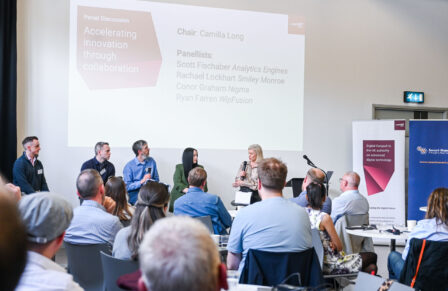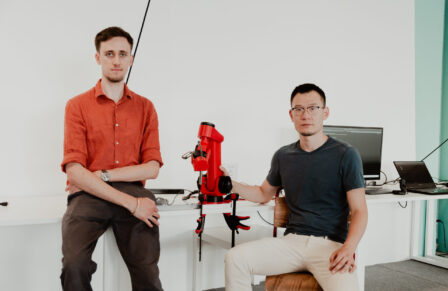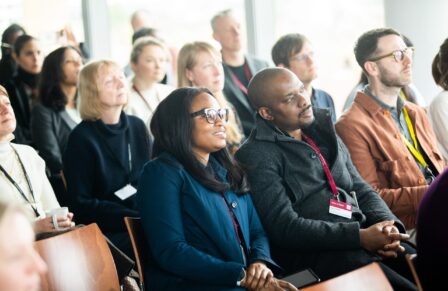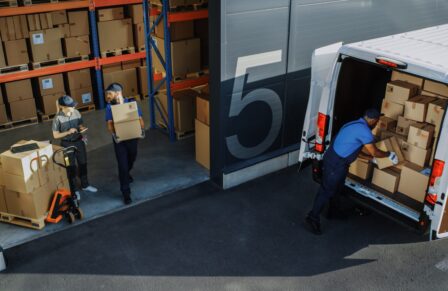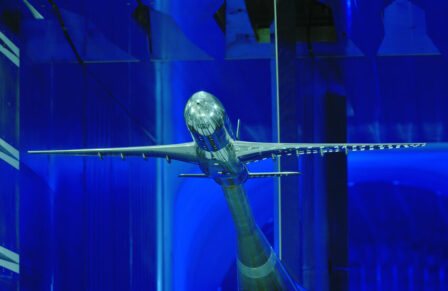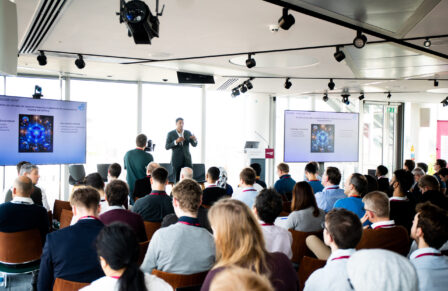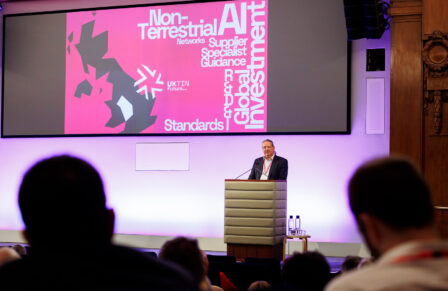Digital Catapult launches Quantum Technology Access Programme with eleven leading British businesses, to improve the quantum readiness of key UK industries
Posted 26 Oct 2023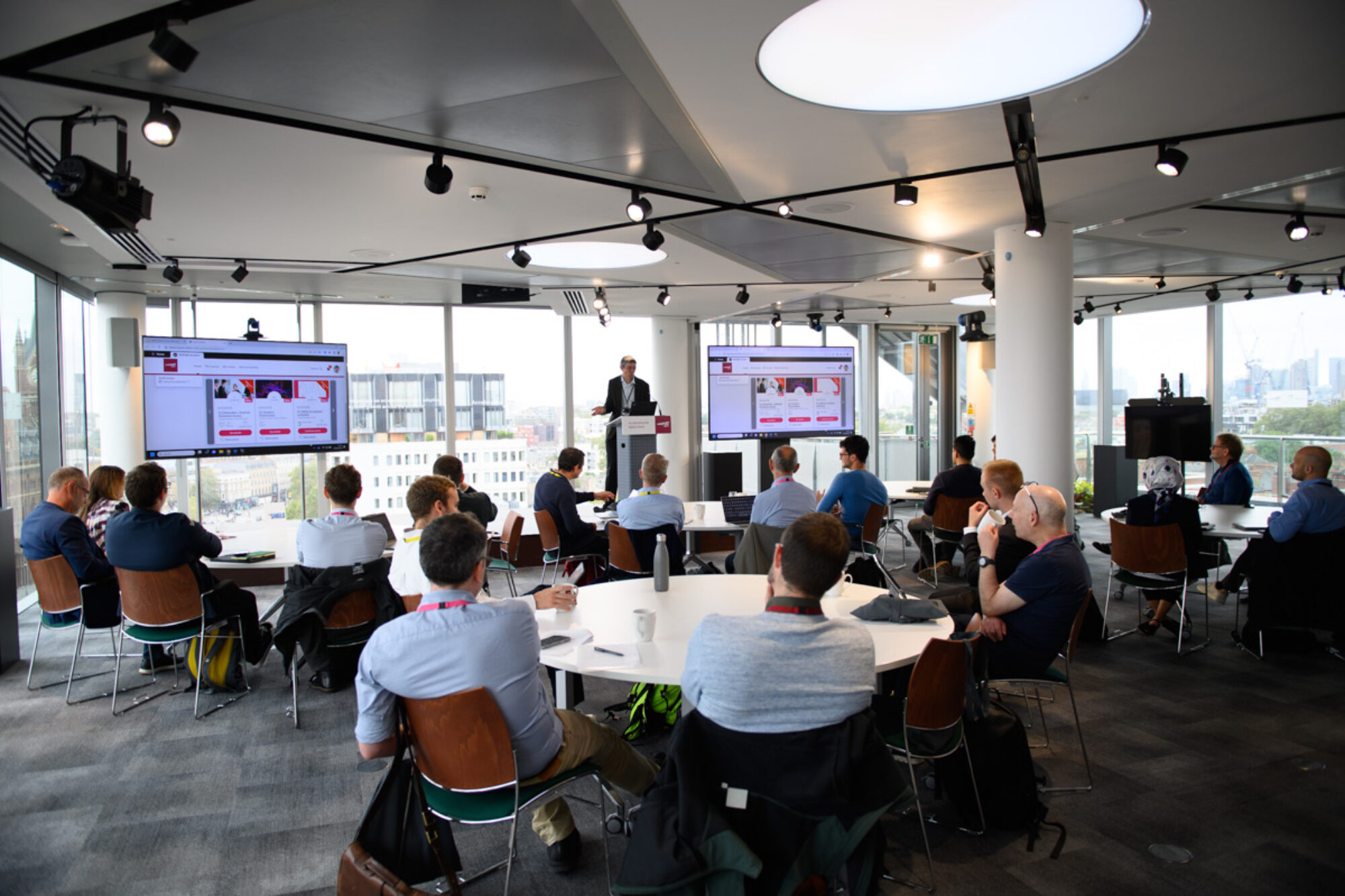
Digital Catapult launches Quantum Technology Access Programme with eleven leading British businesses, to improve the quantum readiness of key UK industries
- The Quantum Technology Access Programme was launched in June to demonstrate the potential of quantum technology and foster industry partnerships to drive the future adoption and commercialisation of quantum computing.
- Programme activities include development of use cases and access to tailored support
Digital Catapult, the UK authority on advanced digital technology, has today announced that eleven leading British businesses have been accepted onto a first-of-its-kind Quantum Technology Access Programme, to overcome industrial challenges using pioneering new quantum computing solutions. These eleven companies operate within sectors that are key to UK’s economic growth including energy, aerospace and transportation, demonstrating the industrial value of the new programme.
The 20-week technology access programme will support household names including Airbus, Rolls-Royce and the Port of Dover, as they prepare to embrace quantum technology, and consider how quantum computing could solve some of their industrial challenges. With tailored support from industry partners, a team of experts at Digital Catapult as well as access to cutting-edge quantum technology, the support provided to participating companies will be designed to achieve their defined use-cases and ensure sustainable business growth. Additionally, the participants will have the opportunity to attend workshops and get guided learning which will assist them in achieving their programme goals.
The Quantum Technology Access Programme is part of a wider Innovate UK (Industry Strategy Challenge Fund) funded project called ‘Quantum Data Centre of the Future’ which aims to embed a quantum computer within a classical data centre to explore real-world access to a quantum computer. The programme’s industry partners include ORCA Computing, Riverlane, BT, KETS and PQ Shield.
Every participating company operates within a growing business sector, with each bringing unique and sector specific challenges that could one day be solved by leveraging quantum technologies. Their participation in the programme underscores the need to understand the potential business value of quantum technology, and the strategic importance of exploring new commercial use cases.
The 11 companies joining the Quantum Technology Access Programme are:
- Airbus – Airbus designs, manufactures and delivers aerospace products and services in the commercial, helicopter and defence & spaces sectors.
- Bahut – Bahut is an AI-powered platform that connects merchants, shoppers, and travellers to simplify cross-border e-commerce.
- DNV Services UK Ltd. – DNV provides assurance to the entire energy value chain through its advisory, monitoring, verification, and certification services. As the world’s leading resource of independent energy experts and technical advisors, the assurance provider helps industries and governments to navigate the many complex, interrelated transitions taking place globally and regionally, in the energy industry.
- Frazer-Nash Consultancy – Frazer-Nash Consultancy is a leading systems, engineering and technology company, helping organisations to deliver innovative engineering and technology solutions to make lives safe, secure, sustainable, and affordable.
Neptune New Space – We facilitate accessibility to satellite and geospatial data, empowering businesses to enhance their decision-making processes. - Arup – Arup is an independent firm of designers, planners, engineers, consultants and technical specialists, working across every aspect of today’s built environment.
- Oxford Sigma Ltd – Oxford Sigma is a fusion technology company with a mission to deliver materials technology, materials solutions, and fusion design services in order to accelerate the commercialisation of fusion energy.
- Rolls-Royce Submarines Ltd – For the last 60 years Rolls-Royce has been at the forefront of nuclear knowledge and innovation. The Novel Nuclear team is looking to the future for revolutionary new technology to solve problems across a range of industries and energy-efficient applications for nuclear power. These include harnessing the power of naturally decaying nuclear material, providing reliable power systems with extremely long-life spans, and nuclear micro-reactors as a self-contained and power-dense solution.
- Seer BI – SeerBI is a business intelligence company based in Tees Valley, England. They specialise in providing data-driven solutions for the transport industry, including maritime, logistics and traditional commerce.
- The Port of Dover – Situated in Kent, south-east England, the Port of Dover is the busiest international ferry port in the UK, assisting 11 million passengers across the channel while handling £144bn of trade in goods each year, alongside operations at its cargo facility, cruise terminal, and marina.
- United Kingdom Atomic Energy Authority – It is a public sector organisation, which is a part of DESNZ (formerly BEIS), that leads the UK and global effort to realise, regulate and standardise Nuclear Fusion.
The Department for Science, Innovation and Technology estimates that by 2033, all businesses within key relevant sectors of the UK will be aware of the potential of quantum technologies and 75% businesses will have taken steps to prepare for the arrival of quantum computing. The cohort of the programme represents a remarkable mix of early adopters of quantum technology and their commitment to explore and leverage their knowledge in the field. To maximise the programme’s benefits for participating companies, each company has the opportunity to test their use cases at a partner’s data centre.
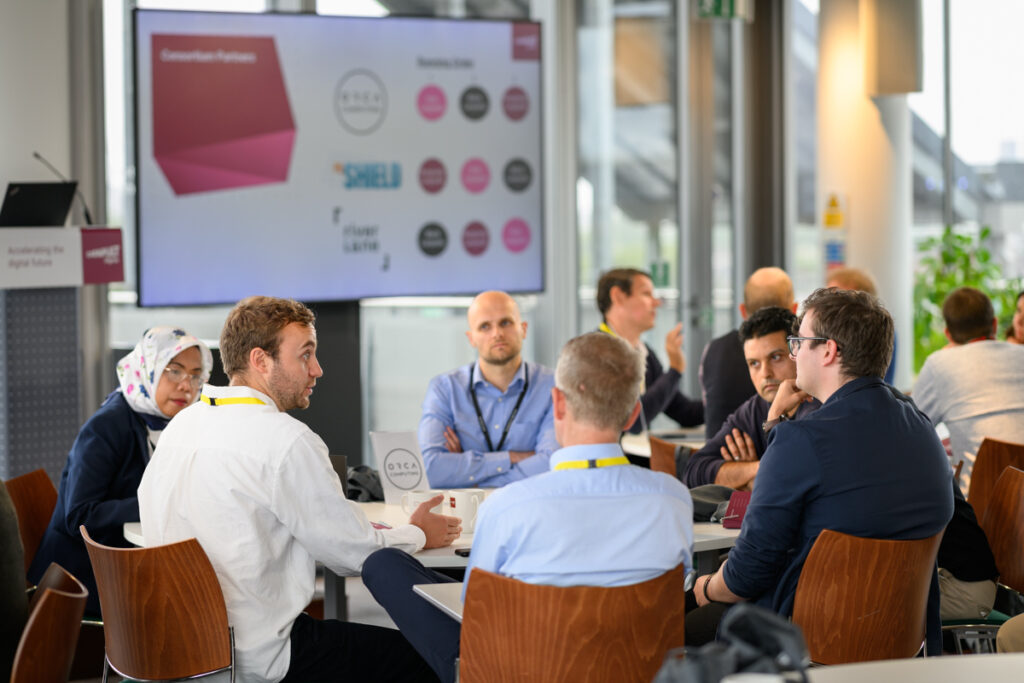
The launch of the Quantum Technology Access Programme is a milestone moment for Digital Catapult’s work with quantum technologies. The leading businesses within the chosen cohort of companies really exemplifies the exciting potential we are increasingly seeing for future industrial adoption of quantum technologies.
Jeremy Silver CEO, Digital Catapult
I’m delighted to see the launch of the QTAP programme which is a critical part of the Innovate UK funded Quantum Data centre of the future project. Started in 2021, the project explores how quantum computing should integrate with the existing data centres and high performance computers. To achieve that aim, it’s critical that existing classical computer scientists are given the skills and hardware access so that they can go out and uncover applications for themselves. This is exactly what the programme is offering and I can’t wait to see the results.
Richard Murray Co-Founder, ORCA Computing





